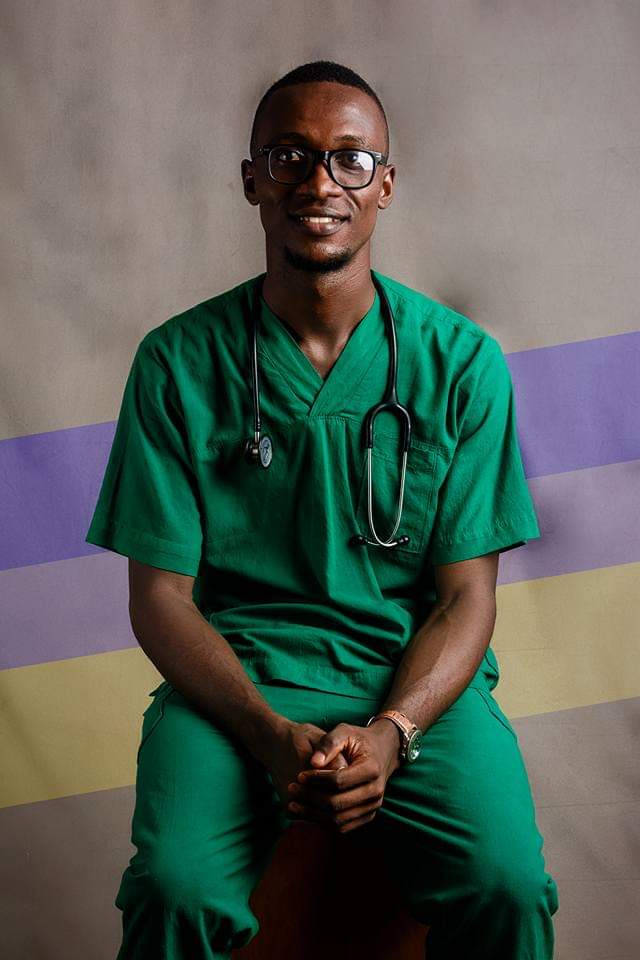AS AN IGBO DOCTOR working in a tertiary hospital in a non-Igbo town, Benin City, I meet a lot of Igbo patients or their relatives daily and, expectedly, they often heave a sigh of relief when they bump into you or overhear you rattling Igbo.
It means, thankfully, they have a “nwanne” in the system, who will help make things easier. The joy is more obvious when the patient is either too sick to speak English/Pidgin well or not so fluent, and had been meeting other non-Igbo doctors, who would ask plenty questions that would have been better answered in rapid Igbo.
Imagine complaining to a doc about an abdominal pain, and he asks you to describe it.
You want to say: “Doctor, o na amim ami na okpukpu azu. Mgbiri afo niile na ado m ado!”
😔😔😔😔😔
How do you even begin to express it in English or Pidgin, especially when in the throes of excruciating pain?
So I understand and enjoy helping those elderly people too sick to worry about speaking English. I just ask them to flow in Igbo, and I’ll interpret for my non-Igbo colleagues or superiors.

I also love assisting their relatives as much as I can, and sometimes I go out of my way to make things easier for them. There’s this Igbo adage that says, “Nwanne di na mba.”
I never forget it.
But sadly, some people abuse this privilege. It is something I’ve seen with every ethnicity, not just Igbos.
When some patients’ relatives identify you as “Onye Igbo be anyi”, they want to take your number, call you at odd hours to ask about their relative, even if he/she ain’t your patient.
Most are nice and understanding, but some can be difficult, acting like you “owe” them cos you both are Igbo. Even when you’ve bent backwards to assist the much you can, some don’t feel contented.
One Igbo man I’d met once in the hospital, a relative of a patient managed by a different team of doctors, once shouted at me for not coming to A&E to see his sister, even when I didn’t work there and had been busy.
He felt that, since he and I were both Igbo, I should have been committed 100% to his sister’s care, more than her own doctors, forgetting that I had my own unit patients to attend to as well.
I enjoy helping my people, but we should understand that your doctor kinsman elsewhere can only do his best for you, especially if he is drowning in his own responsibilities to his primary patients too.
Teaching hospitals don’t work like many private hospitals where one doc manages every patient.
Here patients on the ward are seen by different specialists (such as eye specialists, bone, children, pregnancy specialists, etc.) who have their own unit doctors under them. Even those at the A&E are seen by a dedicated team of doctors there.
You can’t jump from your unit patient to another one because the person is your kinsman, but you can liaise with them when you can to find out more about the patient and assist if, when and where you can.
Bikonu it ain’t easy for anyone, but we will keep doing our best.
Remember:
+++Impossibility is nothing. Just believe+++
© Caséy Amaefule ’20
